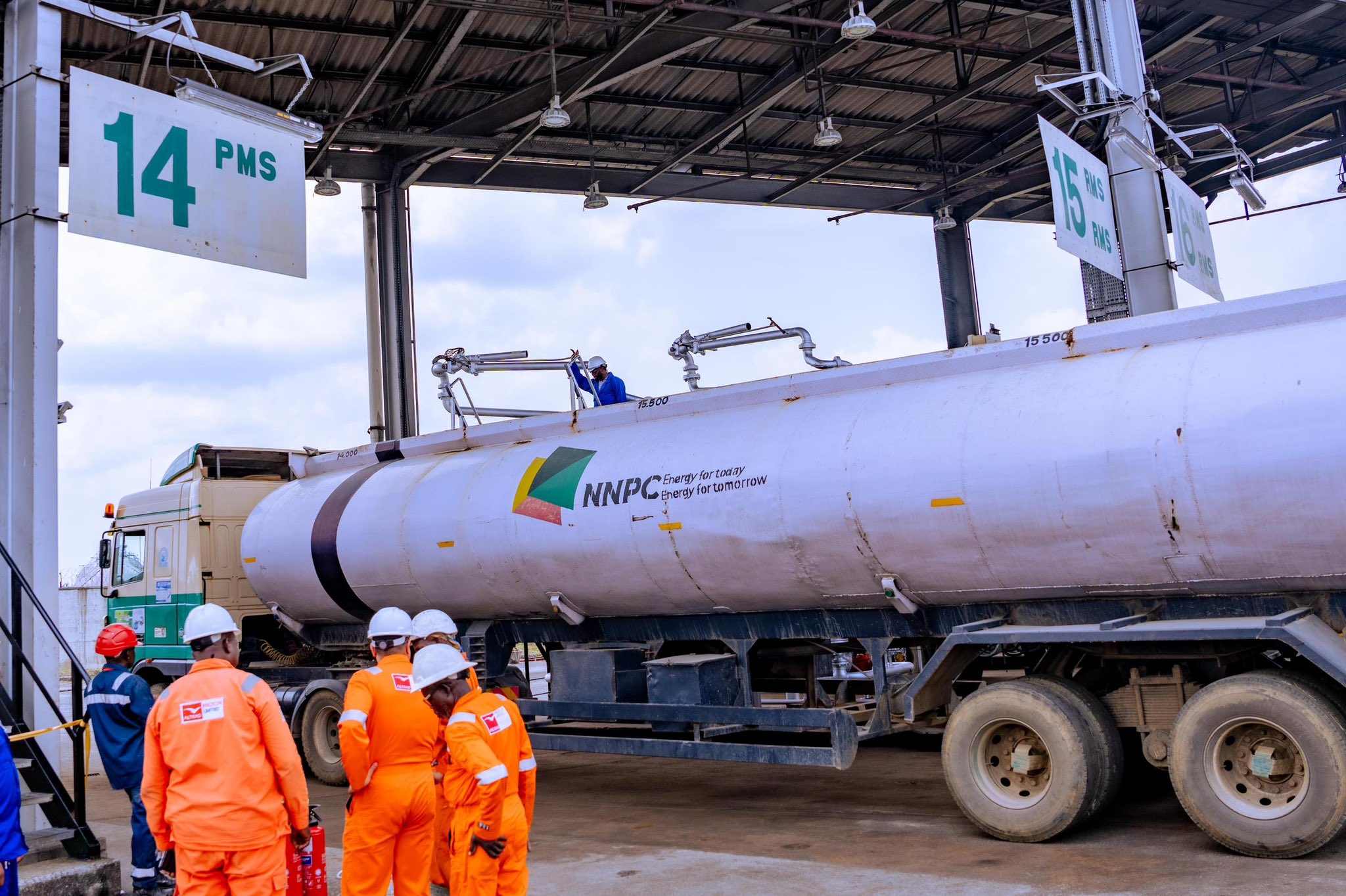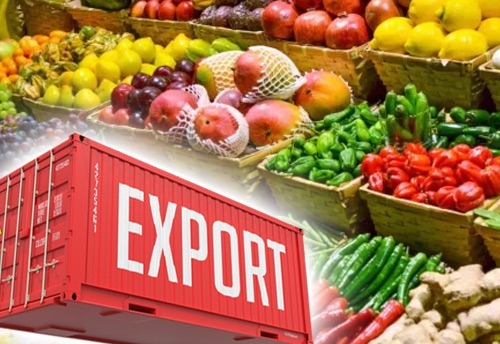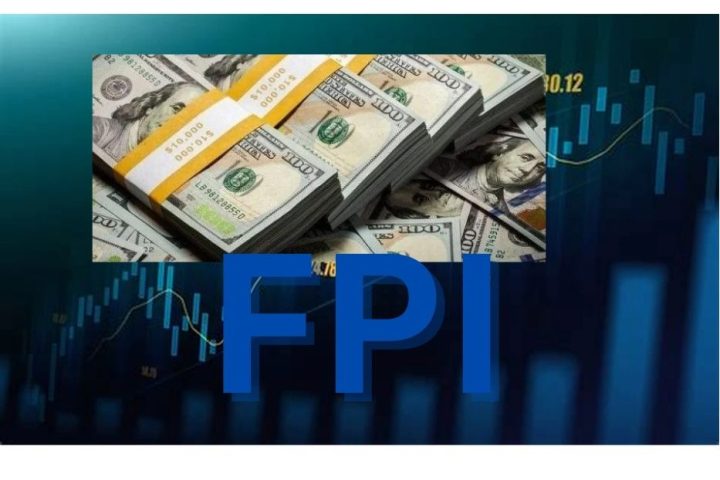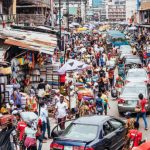Reactions have continued to trail the news of the resumption of oil refining at the Port Harcourt refinery.
While some Nigerians have commended the resumption of production of refined petroleum products from the 60,000 barrels per day (bpd) old Port Harcourt refinery, others raised questions about whether there is an actual refining activity taking place or blending of petrochemical products.
Join our WhatsApp ChannelThe question stemmed from a media report which stated that the refinery is only blending “Cracked C5 petroleum resins” with other products including Naphtha and selling to the public as if it is processing it
The Nigeria National Petroleum Company Limited (NNPCL) on Tuesday released videos showing NNPCL branded trucks which it said were moving into the refinery to load Premium Motor Spirit (PMS) also known as petrol and other petroleum products.
However, Nigerians expressed doubts about commencement of production in the facility, with some saying the launch ceremony on Tuesday was merely orchestrated to deceive Nigerians about what is going on at the refinery.
Prime Business Africa recalls that President Muhammadu Buhari’s administration had in March 2021, approved $1.5 billion for the rehabilitation of the Port Harcourt refinery.
After series of failed commencement date, the NNPCL suddenly declared that the facility is now ready for refining and supply to the Nigerian local market.
While debunking the report, about blending, NNPCL said the refinery produces Straight-Run Gasoline (Naphtha), blended into 1.4 million litres of petrol, 900,000 litres of Kerosene daily, 1.5 million litres of Automotive Gas Oil (AGO or Diesel), 2.1 million litres of Low Pour Fuel Oil (LPFO), and Liquefied Petroleum Gas (LPG).
The national oil company added that the refinery also blends crack C5, obtained from a sister company, Indorama Petrochemicals, “to produce gasoline that meets required specifications.”
Commenting, an X user, Prince Charles, asked: “are you blending or refining crude oil? Was the over $1bn that has been spent earmarked for a blending plant?”
Another X user accused the federal government of engaging deceit about the true state of activities in the refinery. Another user likened the incident to the Nigeria Air project.
Some challenged the national oil company to show a video of the distillation column working. “If you can’t, you’re not refining anything, just blending the crap you imported instead of doing it in Malta,” an ex user, Ayo, stated.
“Only time will tell, a government that started a Nigerian Airways airline with an Ethiopian airways plane painted with Nigerian colours is capable of doing anything to mislead the public,” Chief Orji wrote.
“I thought as much. Refinery started today and started loading 200 trucks the same day it’s really funny. I knew something it’s not right. So it’s actually naphthalene blending plant that was rumored to have been established in Nigeria to continue supplying substandard PMS,” Hassan Musa Abba stated.
Expressing concerns about the implications of distributing substandard petroleum products, Ukobaba called on the regulatory authorities to create measures for identifying them from the good ones, adding that fuel stations should be mandated to disclose the source of their products. “My question is, please where can I find Dangote fuel to buy and how can I identify the difference between Dangote fuel and whatever NNPC is cracking so that I’ll avoid their cracks, I don’t want to crack my engine MBOK. Fuel stations should begin to indicate source of product.”
Victor Ezeja is a passionate journalist with seven years of experience writing on economy, politics and energy. He holds a Master's degree in Mass Communication.


















Follow Us